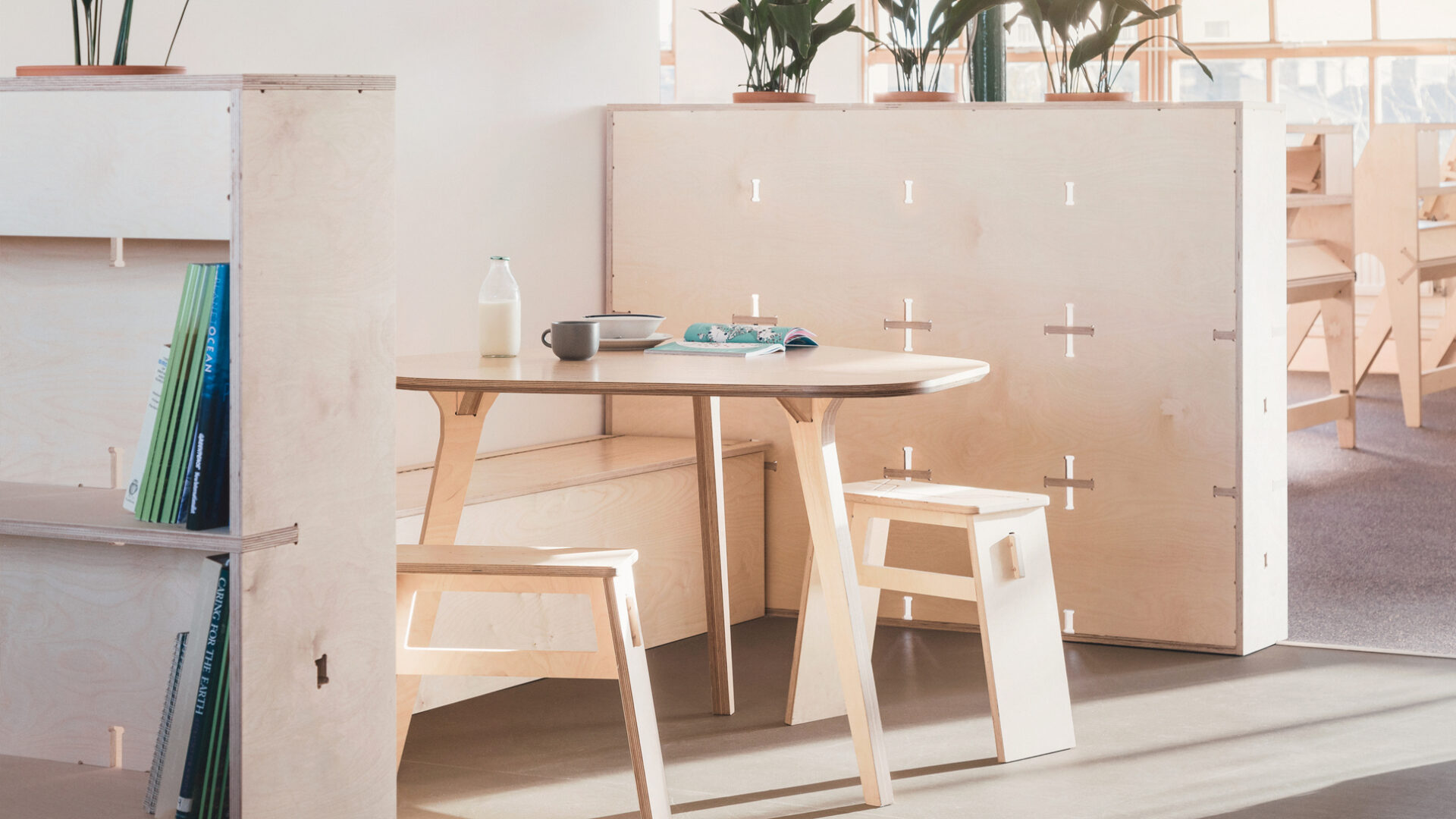How to go even more local after COVID-19
Neal Gorenflo, executive director and co-founder of Shareable, had a very timely experiment planned just before the pandemic hit: a year of living locally. The whole project ended up quite different than expected and a couple of weeks ago he hosted a discussion about local living and the future of local economies after COVID-19 (transcript and audio) which started with Gorenflo relating some of the lessons of the experience, which was followed by a discussion with Jose Ramos (Action Foresight) and Stacy Mitchell (Institute for Local Self-Reliance).
The goals of the project were to connect with neighbours, work with them on projects for the benefit of all, and become a more engaged citizen at the local level. Most of the year ended up being largely about organizing in response to the pandemic, and when things settled down a bit he addressed some of the original ideas.
[A]s I had planned, I switched from a big bank to a credit union, explored our local ecosystem and history, got involved in local elections, explored starting a library of things at a local library, tried on a local identity through civic engagement at geographic scales that was made possible in November with our U.S. presidential elections and also some involvement I had with my Sharing Cities colleagues in Seoul, South Korea.
The two main conclusions I took away from his short talk are, first, that he learned how much he didn’t know about what it takes to be a good involved citizen, including “the enormity the system change that we must undertake.” Secondly, and perhaps most soberingly, he realized that the level of implication he had planned on (an hour a day) was inadequate for the kind of change that the climate crisis and our other systemic problems requires.
I estimated that it would take at least 20 percent of the population spending two hours a day to reach a kind of tipping point for systems change for any local community that we really need to up the civic engagement to get the kind of changes we all talk about.
The discussion
The first part above is already quite a useful read but I also encourage you to take some time for the second part of the event. I found Stacy Mitchell’s interventions particularly clear and insightful. Her use of the phrase “economies of small scale” seems like a very useful framing for discussions about the importance of local.
We know that an economy that disperses power and decision making and ownership more broadly is also an economy that distributes income more broadly and that has a more equitable distribution of power in terms of who makes decisions. [S]o as we think about how do we have an economic system that matches our notions of liberty and of equality, we need to have something that’s more democratic in form. And that means getting away from concentrations of power and distributing things out. […]
It was a bit disappointing to read Gorenflo and Ramos’ interpretation of buying local vs buying online, and I think Mitchell had a great reflection, one that perhaps too few people had while confined.
I don’t think I bought anything from Amazon in the last year, but found, I did do a fair amount of online shopping from local businesses. And sometimes I could get stuff on their website or I could call them and they would do curbside pickup. So I actually found I could do that a lot and did shop online in some cases from sort of smaller manufacturers that I could buy direct from that aren’t in my community. So not local, but at least scaled at that sort of scale, but somewhere else.

A few more excerpts to reflect on. The importance of policy, not simply individual action:
[N]ot to say that your local farmer and your local bookseller and your various co-ops and community institutions don’t need you, they do rely on you. And so that in that way there is a real impact from what you do as an individual. But in terms of changing the larger systems, that really has to come down to policy. And there are so many ways in which policy is structured to undermine local systems and to advantage large corporations.
They discussed the idea of mixing global and local, the example of Opendesk (pictured above) being a great one, and Jose Ramos also spoke about a “digital supply chain” instead of a “physical supply chain.” In other words, the global circulation of ideas, knowledge, and even plans, then used and built locally.
[T]he more capacity you have locally to organize, understand who’s got what strengths and weaknesses, the better you can actually adopt ideas and designs globally and instantiate them at a local level and create that sort of local resilience and and livelihood and well.
And lastly Stacy Mitchell again, with some more ideas of what local might mean and represent, which is not the conclusion to their discussion, but a good one for this post.
[T]he framework isn’t exactly local. What it is democracy. The idea of people collectively being able to control their own lives and their own future in their own communities and doing that in view of the larger good, the public, the notion of a commons and those kinds of ideas.
